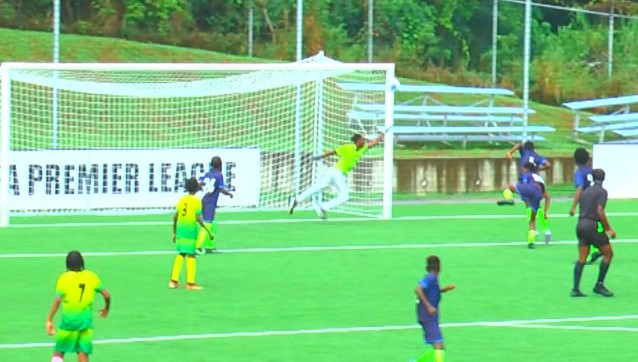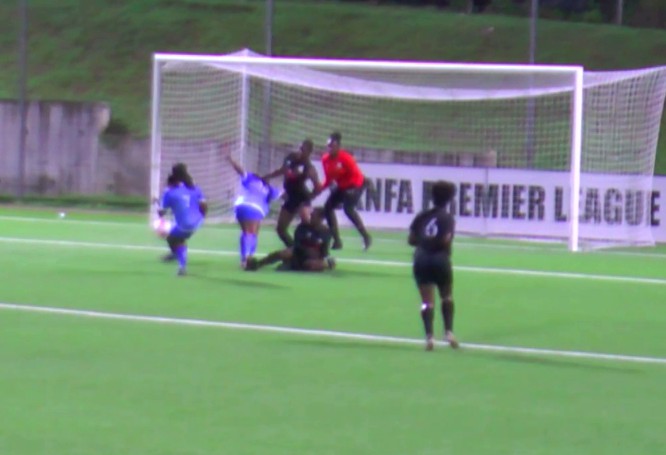Questionable Officiating and Subpar Fielding Contribute to Cricket’s Opening Test Loss
Roston Chase, leading the West Indies in his first Test as captain, expressed deep frustration with the officiating and his team’s fielding performance following their 159-run defeat against Australia in the first Test at Kensington Oval. He argued that several questionable calls, particularly those involving himself and Shai Hope during their first innings partnership, significantly impacted the outcome of the match. Chase highlighted how these decisions, occurring at a crucial juncture in the game, thwarted their opportunity to build a substantial lead. He emphasized the difficulty of getting set on the pitch and how the contentious calls disrupted their momentum and potentially altered the course of the game. He stopped short of solely blaming the officiating, acknowledging the team’s subpar fielding display, which saw them drop seven catches.
Chase’s frustration stemmed from a perceived lack of accountability within the officiating ranks. He contrasted this with the strict penalties players face for on-field misconduct, arguing that officials should be held to a similar standard, especially given the potential career-altering consequences of their decisions. One wrong call, he stressed, can drastically impact a player’s trajectory, and therefore a system of checks and balances should be in place to address blatant errors. He advocated for an “even playing ground” where both players and officials are subject to repercussions for their actions. This, in Chase’s view, would enhance the fairness and integrity of the game.
The West Indies captain elaborated on how the controversial decisions disrupted their momentum. He and Hope were building a solid partnership, capitalizing on the pitch’s characteristic of rewarding settled batsmen. The interruptions, Chase maintained, hampered their ability to build a crucial lead over Australia’s first innings total. This missed opportunity, combined with dropped catches in the field, significantly contributed to their eventual defeat. He underscored that getting set on the wicket was the hardest part, and once achieved, scoring runs became relatively easier. The disputed calls, he felt, robbed them of this crucial advantage.
Beyond the controversial calls, Chase acknowledged the West Indies’ poor fielding performance. He admitted that dropping seven catches was inexcusable, especially considering the bowlers’ efforts. While he emphasized the team’s rigorous training regime, which includes daily slip catching practice, he also recognized the stark difference between practice and match conditions. The speed and trajectory of edges in a game scenario, he explained, differ significantly from practice sessions. He further analyzed the psychological impact of dropped catches, suggesting that they can lead to nervousness and self-doubt among fielders, thereby affecting their subsequent catching ability.
Looking ahead, Chase emphasized the need for improved fielding and a stronger mental approach to catching. He pointed out that building confidence and trust in one’s catching abilities is crucial, particularly in the slips cordon where even a single dropped chance can negatively impact the team’s morale. He underscored the importance of maintaining belief and avoiding second-guessing, especially after a missed opportunity. This positive mindset, he indicated, would be crucial to converting half-chances and bolstering the team’s overall fielding performance in future matches.
Chase concluded by reiterating his frustration with the officiating while emphasizing the importance of accountability. He stressed that while players are readily penalized for their mistakes, officials often escape scrutiny despite their decisions having far-reaching consequences. This disparity, he argued, needs to be addressed to ensure fairness and uphold the spirit of the game. Alongside this call for accountability, he acknowledged the West Indies’ shortcomings in the field, underlining the need for improved catching and a more positive mindset to complement the bowlers’ efforts and potentially turn the tide in future encounters. This two-pronged focus on addressing internal weaknesses and advocating for external fairness formed the crux of Chase’s post-match analysis.
Share this content:












Post Comment